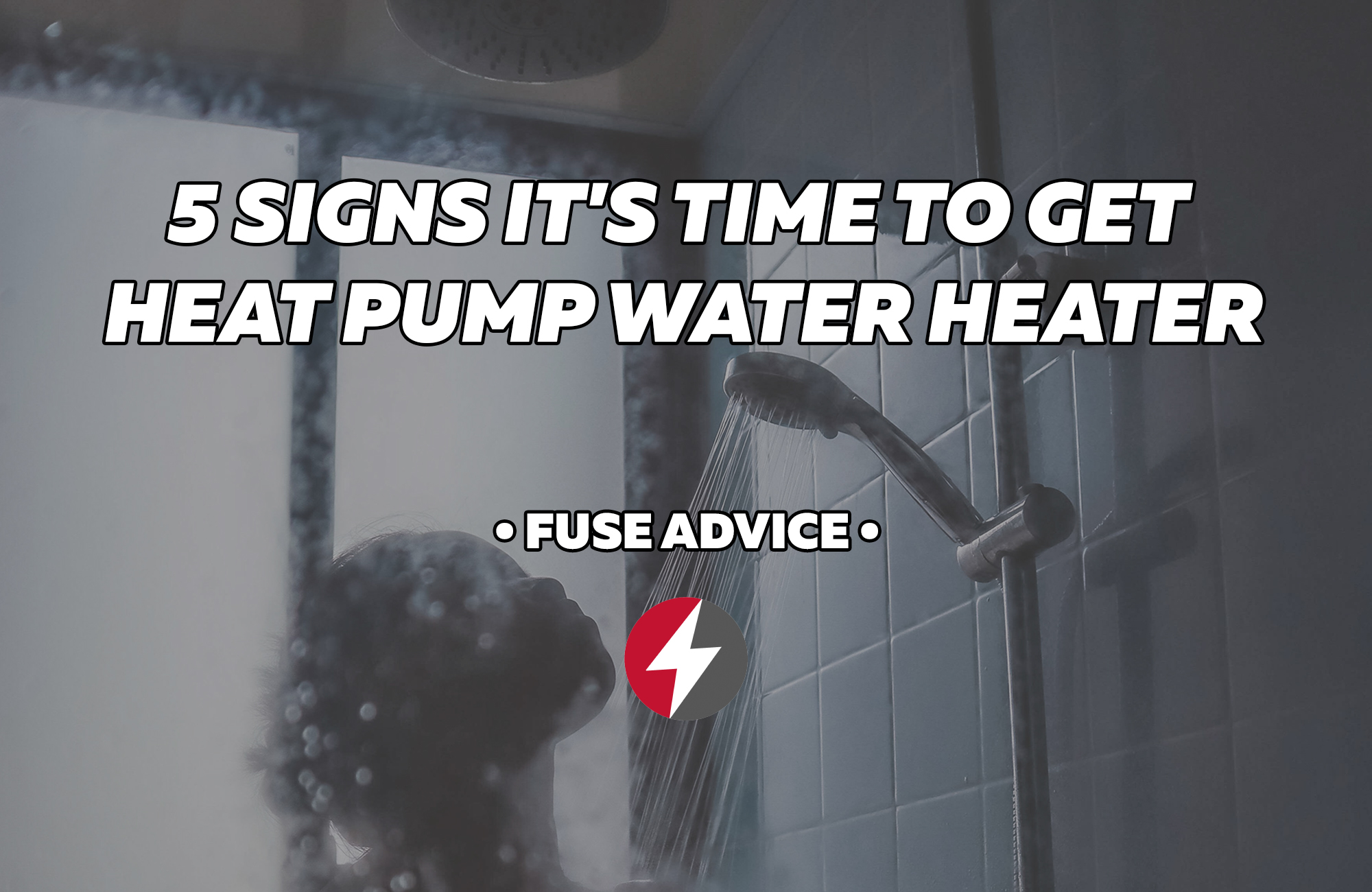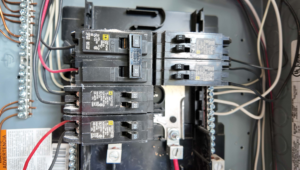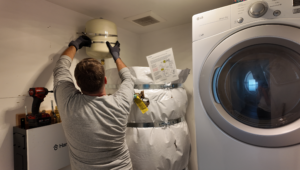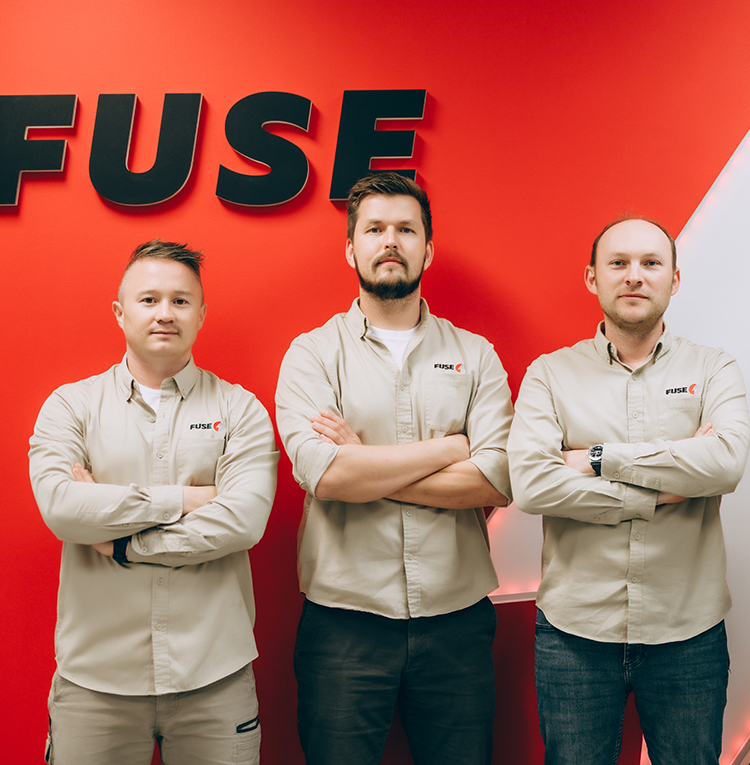As the seasons turn and the chill creeps into the air, our thoughts often drift towards the warmth of our homes and the appliances that maintain that comfort. Among these, the water heater holds a place of quiet significance, tirelessly working behind the scenes. But like all things, it too has a lifespan, and there comes a time when technology beckons us towards more advanced, efficient, and eco-friendly options. Heat pumps emerge as the champions in this arena, promising not just warmth but also a reduced environmental impact and economic efficiency. This article unfolds the five undeniable signs that signal it’s time to retire your traditional water heater and consider the leap to a heat pump—a decision that blends practicality with a consciousness for the future.
1. Inefficiency is Rampant
Your conventional water heater has served faithfully, but now it guzzles energy with the voracity of a beast. Imagine this: The U.S. Department of Energy suggests that heat pumps can be up to three times more energy-efficient. If your current heater’s energy consumption has become as insatiable as a black hole, it’s a glaring beacon signaling a shift to a heat pump is prudent.
- Example: A traditional heater using 4,500 kWh/year vs. a heat pump using 1,500 kWh/year.
- Significance: With the cost of energy ascending skyward, an efficient heat pump isn’t just an upgrade, it’s a financial strategy.
2. The Age of Your Heater is Showing
Age is not just a number when it comes to your water heater. The typical lifespan ranges between 10-15 years. If yours is crossing into the realm of antiquity, it’s wise to preemptively replace it before it metamorphoses into a leaking monstrosity.
- Fact: The National Association of Home Builders reports most water heaters bite the dust after 10 years.
- Relevance: A matured heater is a siren call for potential hazards and inefficiency; a heat pump is a beacon of modernity and reliability.
3. Repair Costs are Accumulating
Consider the economics of repair versus replacement. A cascade of repairs often heralds the terminal decline of your traditional heater. When the cost of resuscitation outweighs the price of a new, efficient heat pump, the scales of financial prudence tilt inexorably towards replacement.
- Quote: “The bitterness of poor quality remains long after the sweetness of low price is forgotten.” – Benjamin Franklin
- Application: Investing in a new heat pump may have a higher initial cost but saves in the long term.
4. Your Water Heater Sounds Like It’s Possessed
The symphony of cracks and pops emanating from your water heater are not a sign of it coming to life, but a death rattle. Sediment buildup leads to overheating and damaging the tank’s inner sanctum.
- Analogy: It’s akin to a car engine knocking; it’s not going to fix itself, and it’s a harbinger of a costly breakdown.
- Recommendation: A silent and efficient heat pump could restore domestic serenity.
5. Environmental Concerns are Paramount
If reducing your carbon footprint is more than a catchphrase for you, it’s imperative to consider the eco-friendly credentials of a heat pump. Traditional heaters are the SUVs of home heating; heat pumps, the bicycles.
- Metaphor: Each traditional water heater is like a small factory puffing out emissions. Heat pumps, however, whisper through the environment.
- Choice: Embracing a heat pump is a vote for the planet.
Conclusion
In the final analysis, the shift from a traditional to a heat pump water heater is more than a mere replacement; it’s an evolution in home efficiency and environmental stewardship. With the signs as clear as day, the decision to upgrade becomes not just a practical choice but a profound commitment to a sustainable future.






